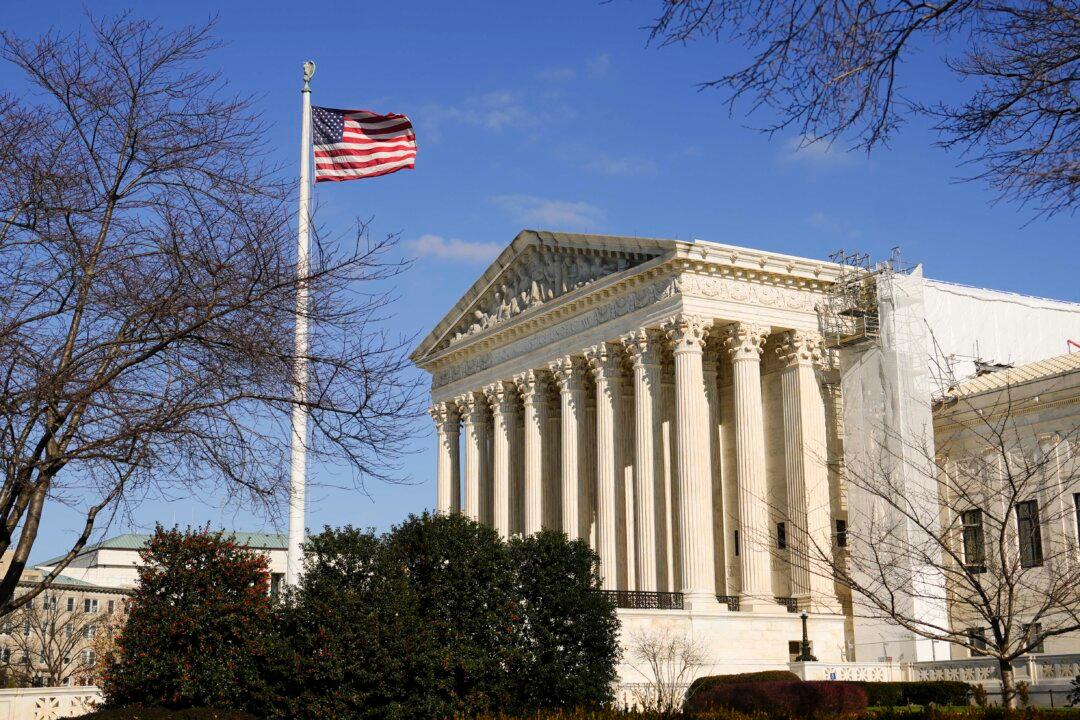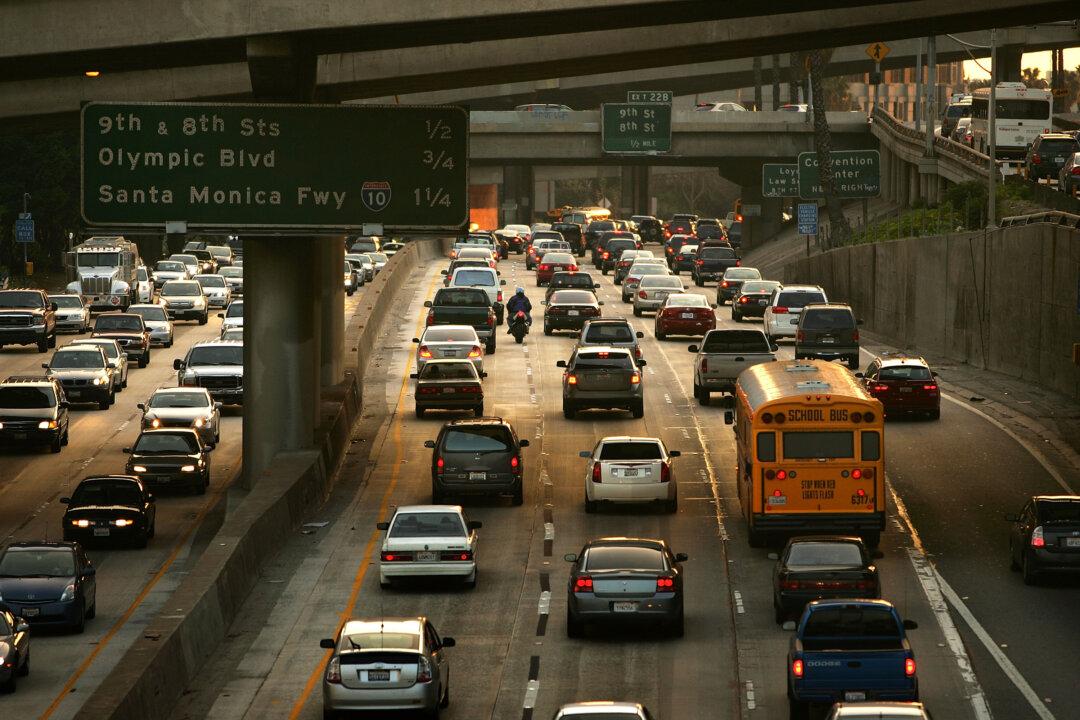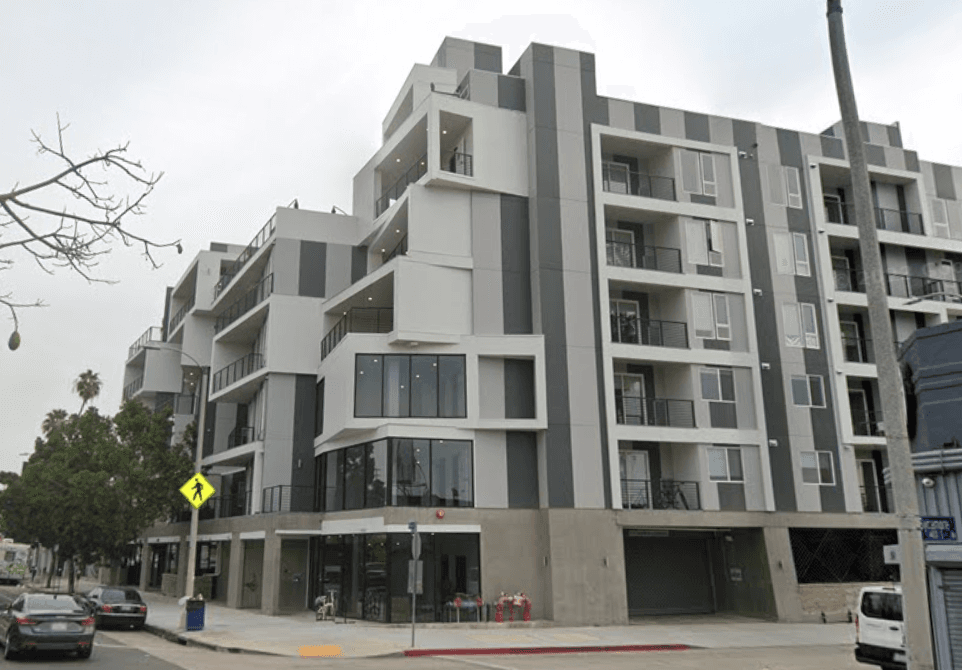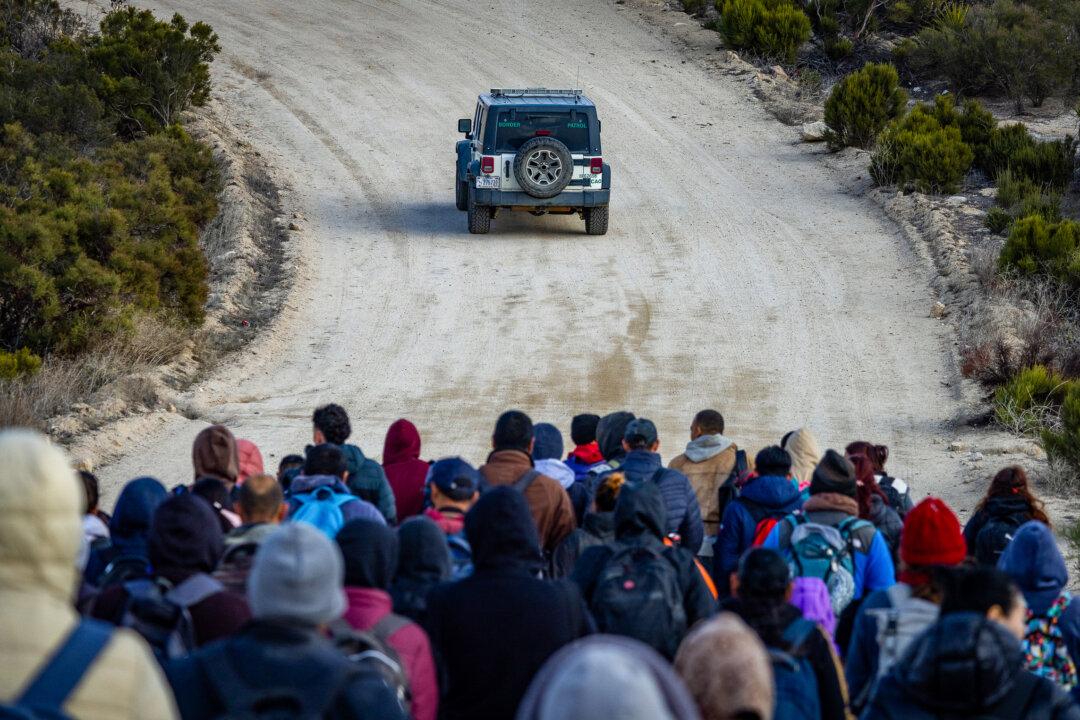Commentary
California has, by far, the worst homeless crisis in the country. No doubt recognizing the extent of the problem, the U.S. Supreme Court has finally agreed to hear a case this year regarding the ability of the state, and eight other western states, to enforce no-camping laws.





